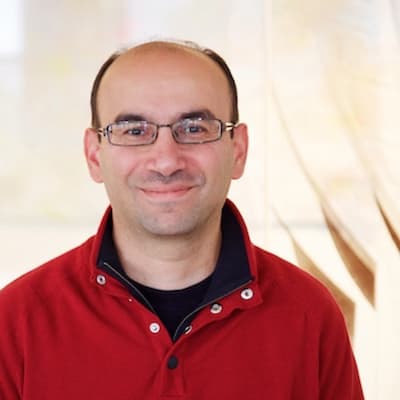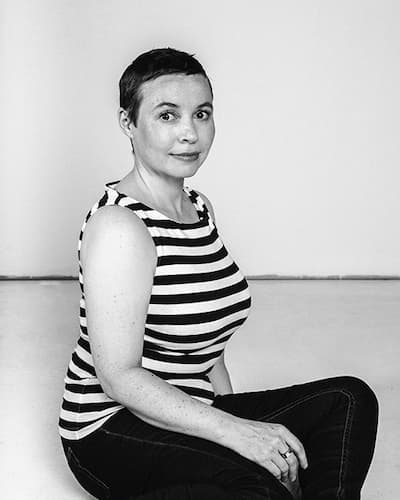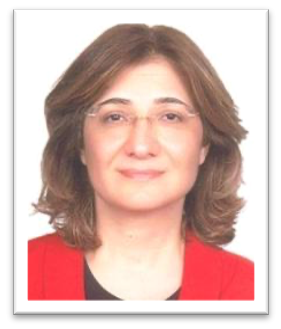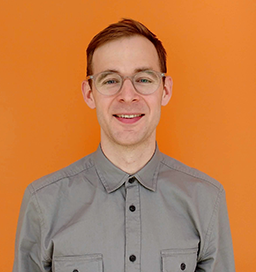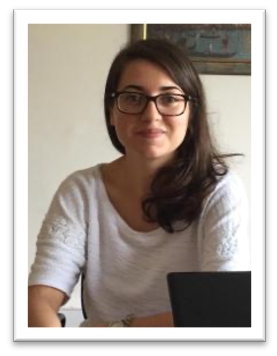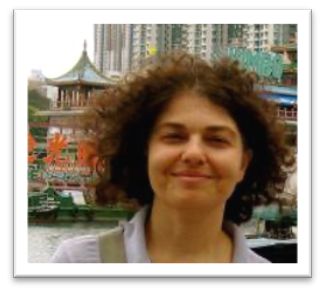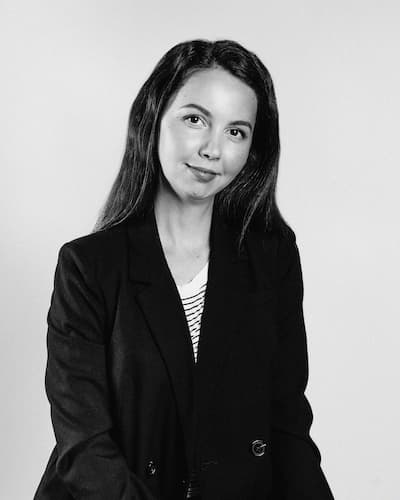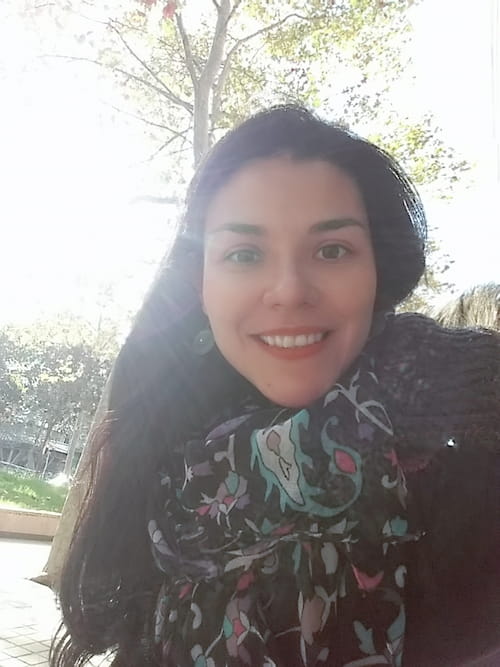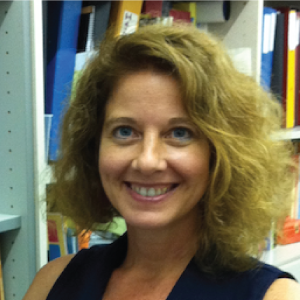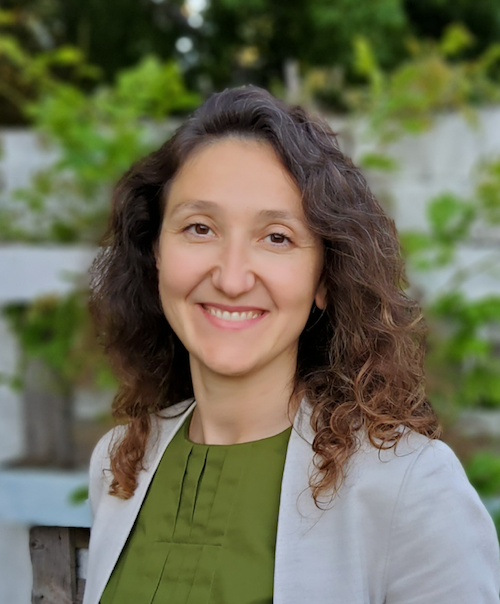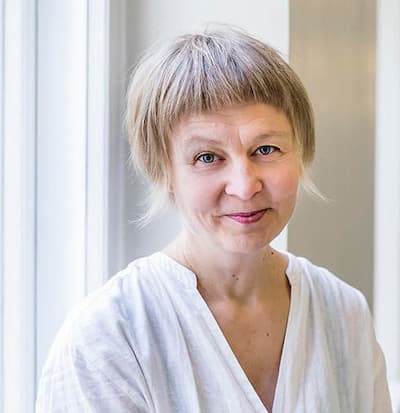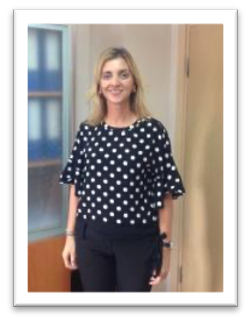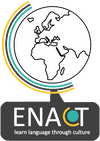The ENACT project is developing a web app to bring culture to life by employing an innovative task-based digital learning pedagogy offering a real-world, interactive learning experience. It aims to foster intercultural and intergenerational social cohesion and understanding through two-way knowledge exchange; create inclusive higher education systems through a local learning ecologies approach; and model an innovative task-based digital pedagogy for learning and online (virtual) exchange between communities.
ENACT is a free web app for anyone to explore and create cultural activities in multiple languages. It will appeal to various groups of users, such as language learners and teachers, people interested in heritage languages and cultures, organisations working with migrants and communities, people interested in developing their digital skills, but also university lecturers interested in introducing interculturality and community engagement in their teaching.
Communities, Languages, and Activities App (ENACT) project is co-funded by the European Commission, Erasmus Key Action 2 Strategic Partnerships for Higher Education, project number: 2019-1-UK01-KA203-061567. The project is led by Newcastle University (UK), and the consortium partners are: Boğaziçi University (Turkey), Cultura Foundation (Finland), Universitat Autònoma de Barcelona (Spain), and University of Helsinki (Finland). In the UK, our associated partners are Action Foundation and North East Solidarity Teaching.
Meet the team
Ahmed Kharrufa
Newcastle University
I am a senior lecturer in human-computer interaction at Open Lab, Newcastle University. I lead the educational technology research at Open Lab and my research in this area focuses on the design, development, implementation, and evaluation of processes and technologies in support of learning, school-community engagement, and cultural and language learning. My research and interest in the area of interaction design ranges from improving people’s experiences of interacting with digital surfaces, spaces and the IoTs to rethinking the design, and the appropriation, of online platforms and services.
Alison Whelan
Newcastle University
Alison Whelan is a Research Associate in the School of Education, Communication and Language Sciences (ECLS) at Newcastle University. After conducting classroom-based research into teaching and learning methods and techniques whilst teaching Modern Foreign Languages in various secondary schools in the UK, she explored the impact of self-identifying as a Teacher-Researcher on professional identity and classroom agency. She has worked closely with teachers across all sectors, supporting them in embedding innovative curriculum methods, and has particular interests in language learning and teaching, project-based learning, and engaging in transnational, multilingual and cross-cultural collaboration.
Anna Sidorova
Cultura Foundation
Anna Sidorova is a head of the Culture and Dialogue programme at the Cultura Foundation. Her background as a Finnish-Russian interpreter and literature translator, and instructor of Finnish and Russian as a second language has formed her large experience and expertise in intercultural communication. At the Cultura Foundation, Anna actively contributes to mutual understanding and dialogue between cultures as well: the projects she is in charge of seek and test innovative ways and models to enhance participation and inclusion of the Russian speaking of Finland. Anna is super enthusiastic and always open to new ideas.
Belma Haznedar
Boğaziçi University
Belma Haznedar holds a PhD in Linguistics from Durham University, UK. She is currently a full Professor of Applied Linguistics at Boğaziçi University. Her expertise area focuses on early childhood bilingualism, with special reference to the acquisition of morphosyntactic properties of successive and simultaneous language acquisition in children. In her recent work she also investigates (i) language teaching to young children; (ii) literacy development in monolingual and bilingual children; (iii) creating online materials for teachers who work with migrant populations (adult and child immigrants with low literacy skills). In line with her recent work for teachers of immigrants, Prof. Haznedar and her co-authors presented portions of their findings at the United Nations Headquarters in 2017 in New York.
Colin Bone Dodds
Newcastle University
Colin Bone Dodds is a Research Software Engineer and PhD candidate at Open Lab, Newcastle University. His research focusses on music technology education, although he spends most of his time providing technical support to a wide range of research projects. He is responsible for the development and implementation of the ENACT site and progressive web app.
Elifcan Öztekin
Boğaziçi University
Elifcan Öztekin is currently a PhD candidate in English Language Education program at Boğaziçi University. She also works as a research assistant at Foreign Language Education Department and is involved in various ongoing research projects. Her research interests include L2 and L3 listening skill development, L3 learning and cognitive individual differences in language learning.
Gülcan Erçetin
Boğaziçi University
Gülcan Erçetin is a Professor of Applied Linguistics at Boğaziçi University, İstanbul and has a PhD in Language, Reading and Culture from the University of Arizona, Tuscon, Arizona, U.S.A. She teaches both undergraduate and graduate level courses on language skills development, language testing and assessment, language learning and working memory. Her research interests are second language learning in multimedia/hypermedia environments, mobile assisted language learning, gamification of learning, game-based language learning, working memory capacity and L2 reading, eye movements in L2 reading.
Irina Spazheva
Cultura Foundation
Irina Spazheva is coordinator of international projects at the Cultura Foundation. Her main expertise is in developing, fundraising, and coordinating international cross-border projects. Her background is in management, research, and international cooperation in the field of culture and arts. From 2020, she acts as a project manager for the “Agents of Change: Mediating Minorities” project funded by the Creative Europe programme. Irina believes in creativity, knowledge exchange and interdisciplinary approach.
Johanna Buitrago
Universitat Autònoma de Barcelona
Johanna Buitrago has worked in the field of education for over 17 years; firstly, by being involved as an early childhood pedagogue, secondly by working as an English language teacher and thirdly by completing two master’s degrees in Education Management and Educational Research. Her years of experience have led her to accomplish higher positions in her workplace, as Head of Studies and Teacher Training. During the last couple of years, and due to her research background at the Autonomous University of Barcelona, she has gained knowledge in the use of technologies (360º cameras, VTR glasses, Google carboard, H5p, editing tools, junior website designer, Zoom, Google Collaborative tools, among others) to enrich the teachers’ and students’ learning processes.
Lari Kotilainen
University of Helsinki
Lari Kotilainen works as a university lecturer on the field of Finnish language and culture. He has recently published about language learning outside the traditional classroom environments (for example, with the help of mobile and other digital applications) and multilingual work life. He has also studied contemporary language contacts and language change.
Melinda Dooly
Universitat Autònoma de Barcelona
Melinda Dooly holds a Serra Húnter fellowship as researcher and senior lecturer in the Department of Language & Literature Education and Social Science Education at the Universitat Autònoma de Barcelona. She teaches English as a Foreign Language Methodology (TEFL) and research methods courses, focusing on telecollaboration and technology-enhanced teaching at both undergraduate and graduate levels. She has taught on short-term stays in different countries worldwide, including an honorary lectureship at the Institute of Education University College London. Her principal research addresses technology-enhanced project-based language learning, intercultural communication and 21st century competences in teacher education. She has published widely in international journals and authored chapters and books in this area of study. She is the former (and founding) editor of Bellaterra Journal of Teaching & Learning Language & Literature and co-editor of the book series Telecollaboration in Education (Peter Lang). She is lead researcher of GREIP: Grup de Recerca en Ensenyament i Interacció Plurilingües (Research Centre for Teaching & Plurilingual Interaction). Personal webpage:
https://www.melindadooly.com
Müge Satar
Newcastle University
Dr Müge Satar, doçent, is Reader in Applied Linguistics and TESOL at Newcastle University, UK. She is the
Primary Investigator of the ENACT project. She is interested in communicative and pedagogical aspects of multimodal interaction for online language learning and teaching, focusing on social presence, meaning-making, instruction-giving, and translanguaging. She is the School Director of Internationalisation, executive board member of UNICollaboration, and the co-editor of the Journal of Virtual Exchange
https://journal.unicollaboration.org. She has publications in leading journals in the field such as Language Learning and Technology, ReCALL, and System.
Paul Seedhouse
Newcastle University
Paul Seedhouse is Professor of Educational and Applied Linguistics at Newcastle University, UK. He has published 9 books and over 60 articles and book chapters in the area of applied linguistics and language teaching. Working with colleagues in Computing Science over 10 years, he has had 3 grants to build kitchens which use digital technology to teach users languages and cuisines simultaneously. The French Digital Kitchen project won the European Language Label Prize in 2012 and the Linguacuisine app is now available on
https://linguacuisine.com/
Salla Kurhila
University of Helsinki
Salla Kurhila is a professor at Helsinki University, Department of Finnish, Finno-Ugrian and Scandinavian Studies. Her research focuses on interactional linguistics.
Sara Ganassin
Newcastle University
Sara Ganassin is Lecturer in applied linguistics and communication in the School of Education, Communication and Language Sciences, Newcastle University, UK. She is the author of Language, Culture and Identity in Two Chinese Community Schools. More than One Way of Being Chinese? (2020, Multilingual Matters). Her research focuses on intercultural education and communication, with a particular interest in the interplay of language, culture, and identity in mobility and migratory contexts.
Sumru Akcan
Boğaziçi University
Prof. Dr. Sumru Akcan received her PhD in second language acquisition and teaching from University of Arizona in 2002. She specializes in second/foreign language teaching methodology, language teacher education, distance education, blended-learning contexts for pre-Service and in-service language teachers. She is involved in the English language teacher education program as a supervisor and has been teaching courses at graduate and undergraduate programs at Foreign Language Education Department at Boğaziçi University, Istanbul.
Pekko Kohonen
Cultura Foundation
